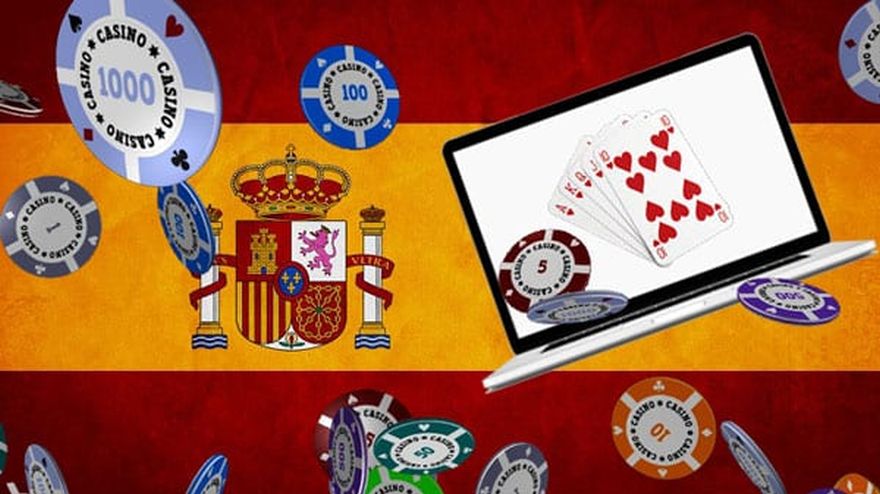Spain's attempt to restrict gambling commercials has struck a snag, with the Supreme Court challenging its validity.
Since its introduction in September 2021, the "Garzón Law" has controlled gambling advertisements in the media and sports. Previously, gambling marketers faced obstacles due to the Royal Decree on Commercial Communications of Gambling Activities. The operators swiftly resisted the directives and sensed that the long-running dispute could finally shift in their favor.
Court’s Interpretation
The third chamber of the Supreme Court considered the appeal filed against the royal order by the Spanish Association of Digital Gaming (JDigital). It thinks the order may counter the presumption that laws should be reserved for future purposes.It is fundamental to the Spanish Constitution's right to do business. Consequently, the dissension has been sent to the Constitutional Court to establish its legality.
The Supreme Court order stated that "the law does not specify the criteria by which the regulatory development of advertising must occur. The guidelines by which the regulation may condition or limit the advertising that gambling operators may conduct, nor any indication or criterion as to what may or may not be considered proportionate."
The court believes this may mean that a legal subject has been "de-legalized" in this case.
Additionally, the interpretation suggests limiting lawmakers' ability to impose restrictions on advertising, mainly gambling promotions.
According to the chamber decree, the disputed royal act will lack adequate legal coverage to govern advertising in the game if the provision is declared unconstitutional. At the same time, if it meets the standards outlined in the constitution, the royal decree will have legal force.
Advertisements beyond 1 AM to 5 AM are prohibited by the royal decree, passed on November 3, 2020. Moreover, it allows for up to six months of suspension of commercial activity and sanctions for operators of up to €1 million ($1.01 million).
Spain's Gambling Industry
The gambling addiction rate in Spain is scant, which has a thriving gambling industry.Nevertheless, the climate for online gaming is evolving. Several countries, like Spain, strive to reduce industry-related sponsorships and advertisements.
Alberto Garzón, Spain's Minister of Consumption, strongly supported the royal edict banning gaming advertising. Garzón has been a member of the Communist Party of Spain and the United Left party since 2003 and is a representative of the coalition's parliament.
For Garzón, prohibiting gambling on a broad scale is not the same as restricting its advertising potential. As a result, he said that the limits are intended to decrease customers' possibilities of gambling to make fast money amid a crisis.
Similarly, Garzón argued that gambling advertising restrictions would not bankrupt the media or sports teams. Although this is correct, the regulation makes it difficult for customers to discern between legal and unauthorized sites. Furthermore, it prohibits the government from publicizing the hazards involved with gambling.

